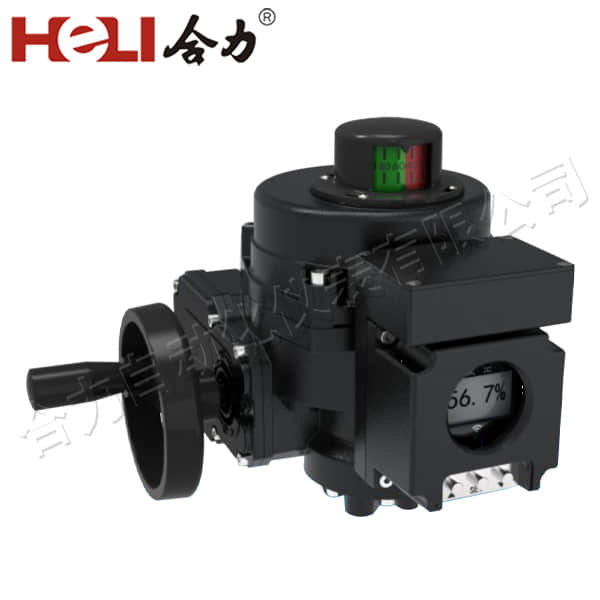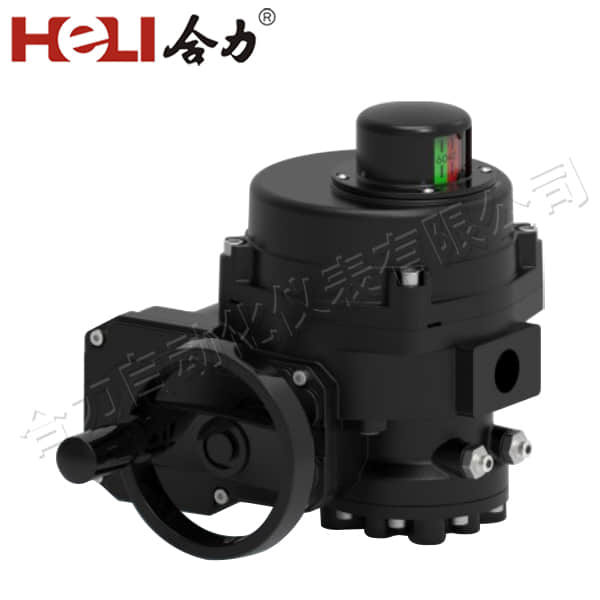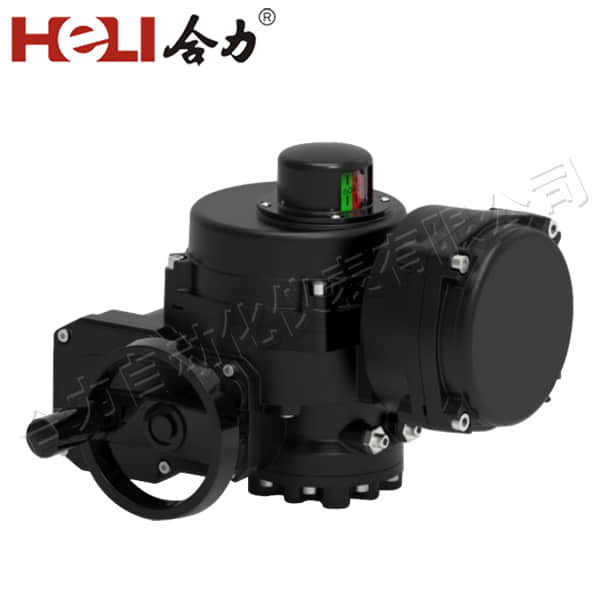Explosion proof electrical installations are critical components in industries where flammable gases, vapors, or dust are present. The primary objective of these installations is to prevent ignition sources from causing explosions, thus ensuring the safety of personnel and equipment. This article delves into the importance, design principles, and implementation of explosion-proof electrical installations.

Importance of Explosion Proof Electrical Installations

Industries such as oil and gas, chemical manufacturing, mining, and food processing often operate in environments where explosive atmospheres can occur. According to the National Fire Protection Association (NFPA), nearly 25% of all industrial accidents are related to explosions and fires, making explosion-proof installations essential for workplace safety. The costs associated with these accidents can be staggering, not just in terms of financial loss but also regarding human life and environmental damage. Implementing explosion-proof electrical installations is not merely a regulatory requirement; it is a moral obligation. Ensuring that workers are protected from potential hazards creates a safer working environment and enhances productivity. Organizations that prioritize safety also tend to experience fewer incidents, which can lead to lower insurance premiums and improved public image.
